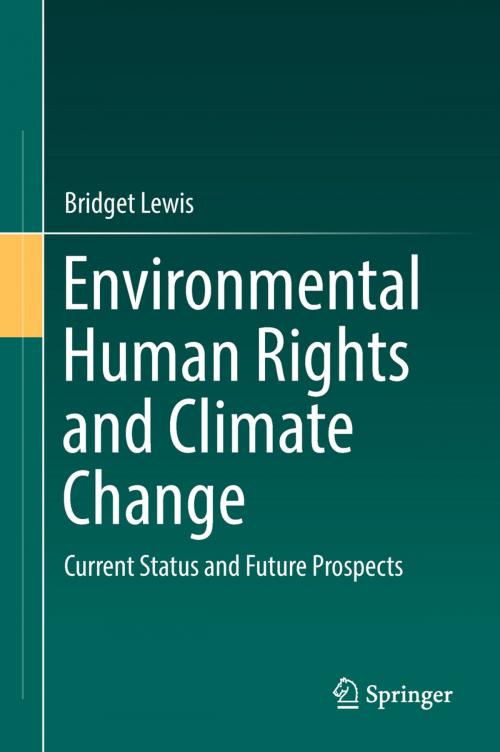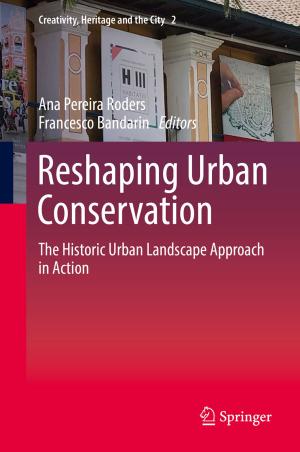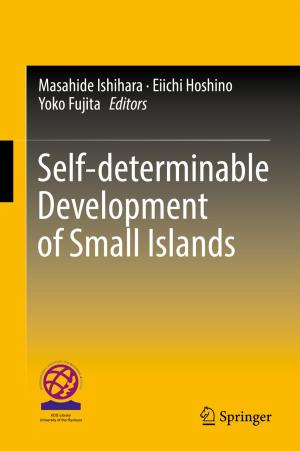Environmental Human Rights and Climate Change
Current Status and Future Prospects
Nonfiction, Reference & Language, Law, International, Science & Nature, Science, Earth Sciences| Author: | Bridget Lewis | ISBN: | 9789811319600 |
| Publisher: | Springer Singapore | Publication: | August 21, 2018 |
| Imprint: | Springer | Language: | English |
| Author: | Bridget Lewis |
| ISBN: | 9789811319600 |
| Publisher: | Springer Singapore |
| Publication: | August 21, 2018 |
| Imprint: | Springer |
| Language: | English |
This book examines the current status of environmental human rights at the international, regional, and national levels and provides a critical analysis of possible future developments in this area, particularly in the context of a changing climate. It examines various conceptualisations of environmental human rights, including procedural rights relating to the environment, constitutional environmental rights, the environmental dimensions of existing human rights such as the rights to water, health, food, housing and life, and the notion of a stand-alone human right to a healthy environment.
The book addresses the topic from a variety of perspectives, drawing on underlying theories of human rights as well as a range of legal, political, and pragmatic considerations. It examines the scope of current human rights, particularly those enshrined in international and regional human rights law, to explore their application and enforceability in relation to environmental problems, identifying potential barriers to more effective implementation. It also analyses the rationale for constitutional recognition of environmental rights and considers the impact that this area of law has had, both in terms of achieving stronger environmental protection and environmental justice, as well as in influencing the development of human rights law more generally.
The book identifies climate change as the key environmental challenge facing the global community, as well as a major cause of negative human rights impacts. It examines the contribution that environmental human rights might make to rights-based approaches to climate change.
This book examines the current status of environmental human rights at the international, regional, and national levels and provides a critical analysis of possible future developments in this area, particularly in the context of a changing climate. It examines various conceptualisations of environmental human rights, including procedural rights relating to the environment, constitutional environmental rights, the environmental dimensions of existing human rights such as the rights to water, health, food, housing and life, and the notion of a stand-alone human right to a healthy environment.
The book addresses the topic from a variety of perspectives, drawing on underlying theories of human rights as well as a range of legal, political, and pragmatic considerations. It examines the scope of current human rights, particularly those enshrined in international and regional human rights law, to explore their application and enforceability in relation to environmental problems, identifying potential barriers to more effective implementation. It also analyses the rationale for constitutional recognition of environmental rights and considers the impact that this area of law has had, both in terms of achieving stronger environmental protection and environmental justice, as well as in influencing the development of human rights law more generally.
The book identifies climate change as the key environmental challenge facing the global community, as well as a major cause of negative human rights impacts. It examines the contribution that environmental human rights might make to rights-based approaches to climate change.















